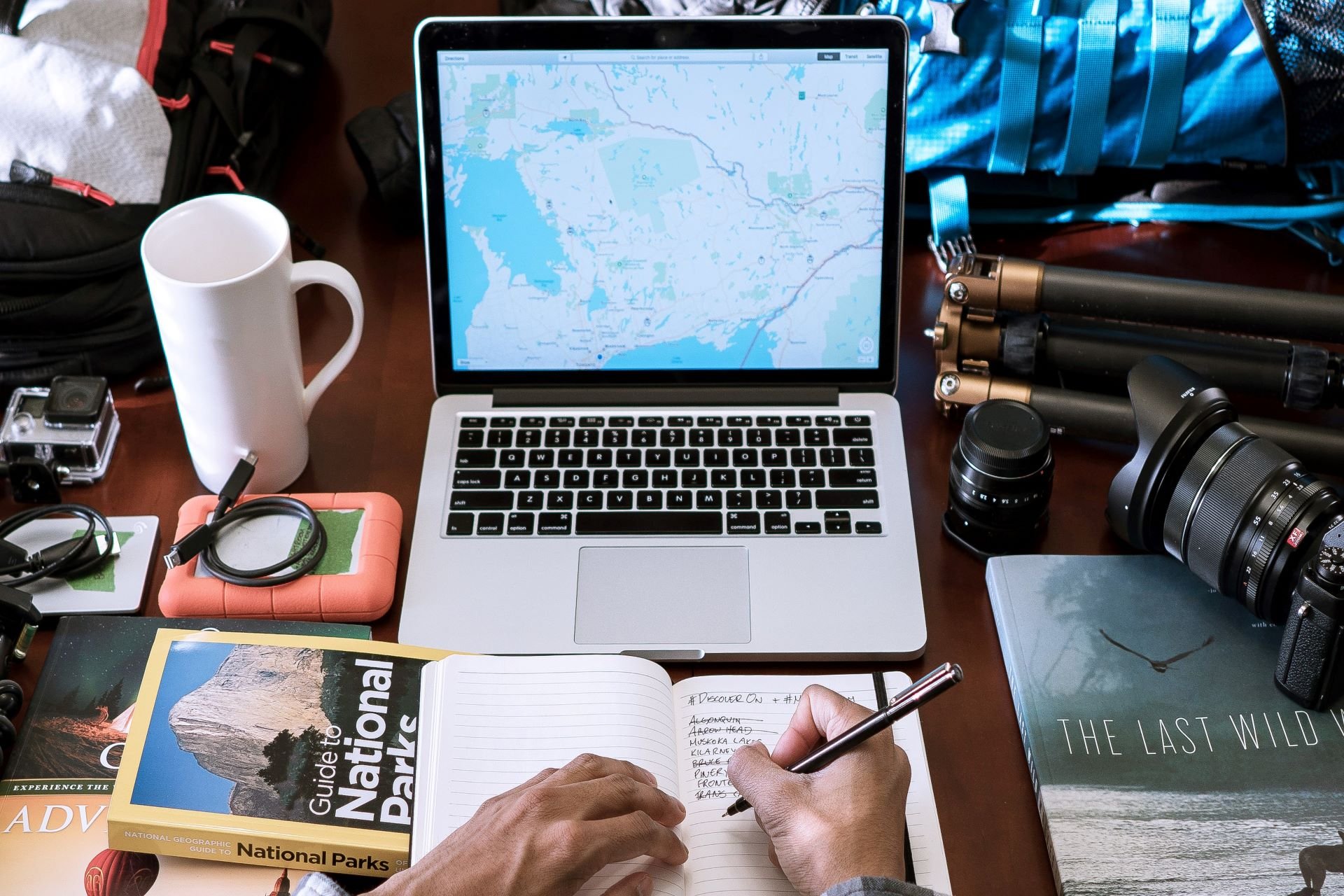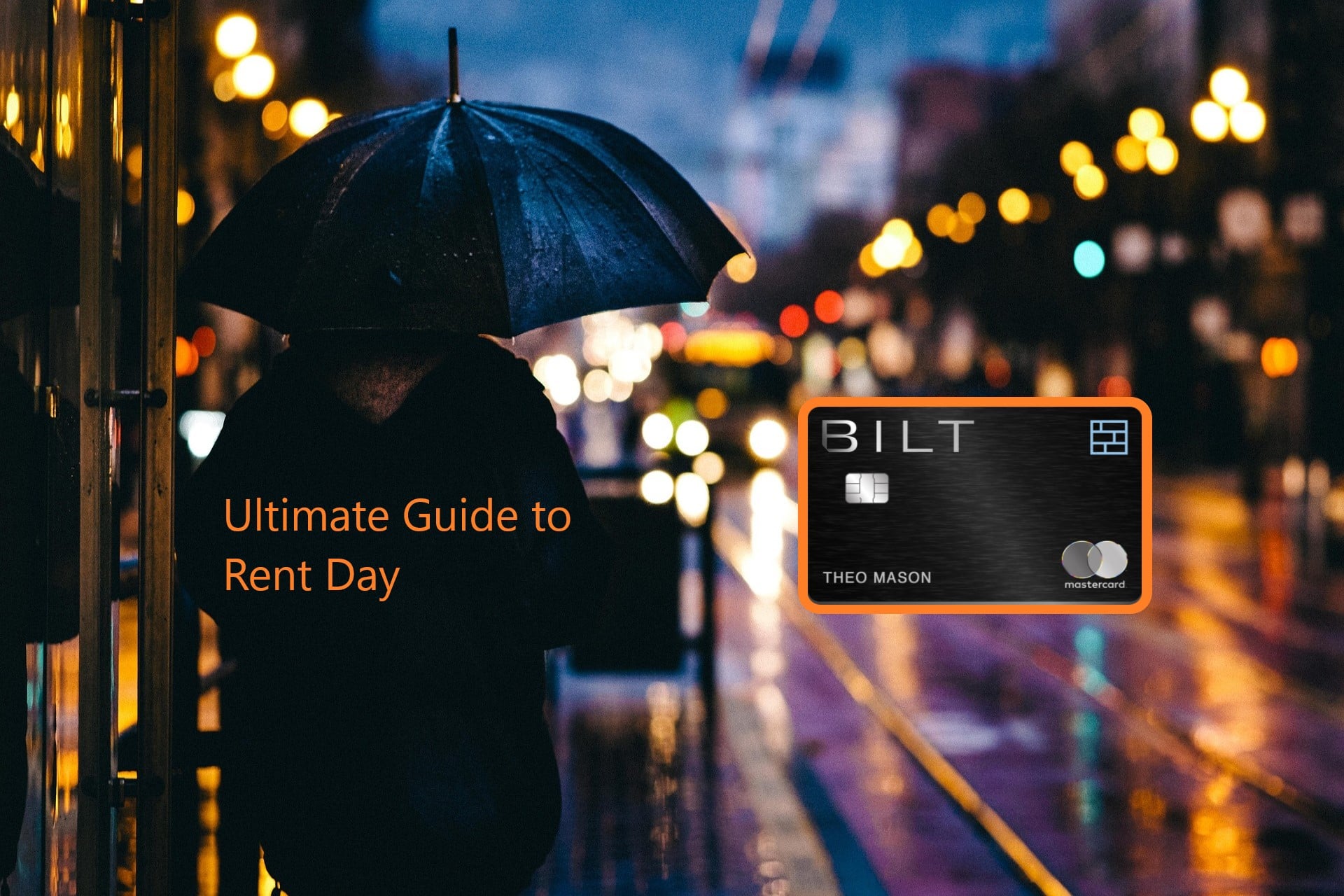Last updated on April 2nd, 2024
Financial crises can occur unexpectedly, causing individuals and families to struggle to manage their credit card debt. For instance, an abrupt job loss, a divorce, or a substantial medical expense can create a financial burden that makes it difficult to meet monthly credit card payments.
Table of Contents
The Impact of a Financial Crisis on Credit Card Debt
The impact of a financial crisis on credit card debt can have significant consequences, particularly during tough economic times. When faced with limited income and increased expenses, individuals often rely on credit cards to cover basic living costs.
Unfortunately, this reliance can lead to higher card balances, increased interest charges, and difficulty making minimum payments. Data from the Federal Reserve Bank of New York attests to this trend, with credit card balances reaching a record-high of $1.08 trillion as of 2023. That’s a $154 billion year-over-year gain in debt, which is the largest increase since the start of its series in 1999.
As credit card debt accumulates, it becomes a vicious cycle that is challenging to break free from. The burden of financial strain can seem overwhelming, causing individuals to feel trapped in a never-ending cycle of debt. Thus, it is crucial to address the impact of a financial crisis on credit card debt and seek effective strategies to manage and reduce this burden.
Importance of Managing Credit Card Debt During Tough Economic Times
Managing credit card debt is especially crucial during tough economic times. It becomes even more important to take proactive measures to prevent the accumulation of additional debt and protect your financial well-being. By effectively managing your credit card debt, you can alleviate the burden of financial strain and regain control over your finances. This will enable you to navigate these tough times more confidently and comfortably.
Steps for Managing Credit Card Debt
Here are practical steps you can take to better get control of your finances:
Assessing Your Current Financial Situation
Assessing your current financial situation is crucial before implementing strategies to manage credit card debt. Take stock of your income, expenses, and outstanding credit card balances. This evaluation will help you understand your financial standing and guide your debt management decisions.
Creating a Budget and Cutting Expenses
One of the first steps in managing credit card debt is to create a budget and cut unnecessary expenses. Start by listing all your monthly income sources and fixed expenses, such as rent or mortgage payments and utilities. Then, identify areas where you can reduce discretionary spending, such as dining out, entertainment, or non-essential subscriptions. Sticking to a budget and cutting expenses can free up more money to pay off your credit card debt.
Prioritizing Debt Repayment
When facing credit card debt, it is crucial to prioritize your debt repayment. Start by making at least the minimum payments on all your credit cards to avoid late fees and penalties. Then, focus on paying off the credit card with the highest interest rate first while making minimum payments on other cards. This strategy, known as the debt avalanche method, helps save money on interest payments and accelerates your journey toward debt freedom.
Negotiating with Credit Card Companies
Believe it or not, credit card companies may allow you to negotiate your existing debt. This is because most credit card debt is unsecured, so the lender should work with you to collect some of your balance rather than risk no repayment in bankruptcy.
Don’t hesitate to contact your credit card companies to discuss better terms. Credit card companies may be more willing to find a mutually beneficial solution during tough economic times. They might consider reducing interest rates, extending payment deadlines, or offering hardship programs.
Negotiating with your credit card companies can help lower your monthly payments and make debt repayment more manageable.
Exploring Debt Consolidation Options
If you have multiple credit cards with high-interest rates, consolidating your debt is a viable option. Debt consolidation involves combining all your credit card debts into a single loan with a lower interest rate. This approach simplifies your debt repayment process and can save you money on interest charges. However, it is crucial to research and compare different consolidation options to ensure you choose the one that best fits your financial situation.
Seeking Professional Help for Credit Card Debt Management
If managing credit card debt becomes overwhelming, seeking professional help can provide valuable guidance. Regarding credit counseling, think of it as having a therapist for your financial habits. Here’s how credit counseling can benefit you:
- Financial evaluation: A credit counselor can assess your credit standing and help you create a personalized budget tailored to your financial situation.
- Debt management: They can assist you in developing a plan to reduce and manage your debts effectively.
In essence, credit counselors provide the guidance and support you need to move toward a healthier credit situation, empowering you to take the necessary steps to improve your financial well-being.
Credit counseling agencies and debt management companies specialize in helping individuals navigate their way out of debt. They can assist in creating a personalized debt management plan, negotiating with credit card companies, and providing financial education. Before engaging with any professional service, research reputable organizations and ensure they have a track record of helping people successfully manage their credit card debt.
Tips for Staying Motivated and Accountable
Managing credit card debt requires discipline and perseverance. Here are some tips to help you stay motivated and accountable throughout your debt repayment journey:
- Set realistic goals: Break your debt repayment into smaller, achievable goals to stay motivated.
- Track your progress: Keep a record of your debt reduction progress to visualize your achievements.
- Celebrate milestones: Celebrate reaching significant milestones in your debt repayment journey to stay motivated.
- Find support: Join online communities or seek support from friends and family who can provide encouragement and accountability.
- Reward yourself: Treat yourself to small rewards when you achieve specific milestones to maintain motivation.
Coping Strategies for Managing Debt during Unexpected Financial Hardships
Unexpected financial hardships can significantly impact your ability to manage credit card debt. Here are some coping strategies to help you navigate through tough times:
- Seek temporary financial assistance: Explore government programs or local charities that offer temporary financial assistance to individuals facing hardship.
- Communicate with creditors: Reach out to your credit card companies and explain your situation. They may be willing to work with you to develop a temporary payment plan.
- Look for additional sources of income: Consider taking up a part-time job or freelancing to supplement your income and ease the financial strain.
- Utilize available resources: Take advantage of resources like food banks, discounted utility programs, or community support services to reduce expenses.
Long-Term Strategies for Avoiding Credit Card Debt in the Future
While managing credit card debt during tough economic times is essential, it is equally crucial to develop long-term strategies to avoid falling into debt in the future. Here are some tips to help you maintain a debt-free lifestyle:
- Build an emergency fund: Set aside a portion of your income regularly in an emergency fund to cover unexpected expenses.
- Live within your means: Avoid overspending and only make purchases that fit within your budget.
- Use credit cards responsibly: Pay your card balance in full each month to avoid accruing interest charges.
- Regularly review your budget: Evaluate your income and expenses periodically to ensure you stay on track and make necessary adjustments.
- Educate yourself: Learn about personal finance and money management to make informed financial decisions.
Expert Advice
According to personal finance guru Tiffany Aliche, or The Budgetnista, it is important to allow flexibility during challenging financial times. She states, “Normally, I prioritize aggressively paying down debt, as well as saving and investing. However, during particularly difficult financial times, I encourage people to give themselves some grace. Your emergency savings should be your first line of defense, and you should aim to have enough saved to cover at least three months or more. If you don’t have that amount saved, then that should be your focus. Once your emergency fund is established, you can resume paying down debt.”
This approach of allowing for grace does not contradict her general belief that paying down debt and maintaining a low credit utilization is crucial for improving a damaged credit score. She says, “So nothing has really changed; it’s the same advice. I understand that it may not always be feasible, but if possible, that’s what you should prioritize.”
FAQs
What is credit card debt, and why is it important to manage it during tough economic times?
Credit card debt is the amount of money owed to a credit card company for purchases made using the card. Managing it is crucial during tough economic times to prevent further financial strain and protect one’s financial future.
What are the practical strategies for managing credit card debt during tough economic times?
- Assess your financial situation: Evaluate income, expenses, and outstanding credit card balances.
- Create a budget and cut expenses: List income sources, fixed expenses, and reduce discretionary spending.
- Prioritize debt repayment: Make minimum payments on all cards and focus on paying off the highest interest rate card first.
- Negotiate with credit card companies: Reach out to negotiate better terms and potentially lower monthly payments.
When should one consider seeking professional help for managing credit card debt?
If managing credit card debt becomes overwhelming, seeking professional help from credit counseling agencies or debt management companies can provide valuable guidance in creating a personalized debt management plan.
What are the coping strategies for managing credit card debt during unexpected financial hardships?
- Seek temporary financial assistance: Explore government programs or local charities for help.
- Communicate with creditors: Explain the situation and work on developing a temporary payment plan.
- Look for additional sources of income: Consider part-time jobs or freelancing to supplement income.
- Utilize available resources: Take advantage of food banks, discounted utility programs, or community support services.
Conclusion
Managing credit card debt during tough economic times is tough, but not impossible. By understanding credit card debt, assessing your financial situation, and implementing practical strategies, you can weather the storm and regain control over your finances. Remember, seeking professional help and staying motivated are essential components of successfully managing credit card debt. With determination and discipline, you can overcome financial hardships and build a brighter financial future for yourself.
Editorial Disclosure – The opinions expressed on BestCards.com's reviews, articles, and all other content on or relating to the website are solely those of the content’s author(s). These opinions do not reflect those of any card issuer or financial institution, and editorial content on our site has not been reviewed or approved by these entities unless noted otherwise. Further, BestCards.com lists credit card offers that are frequently updated with information believed to be accurate to the best of our team's knowledge. However, please review the information provided directly by the credit card issuer or related financial institution for full details.



